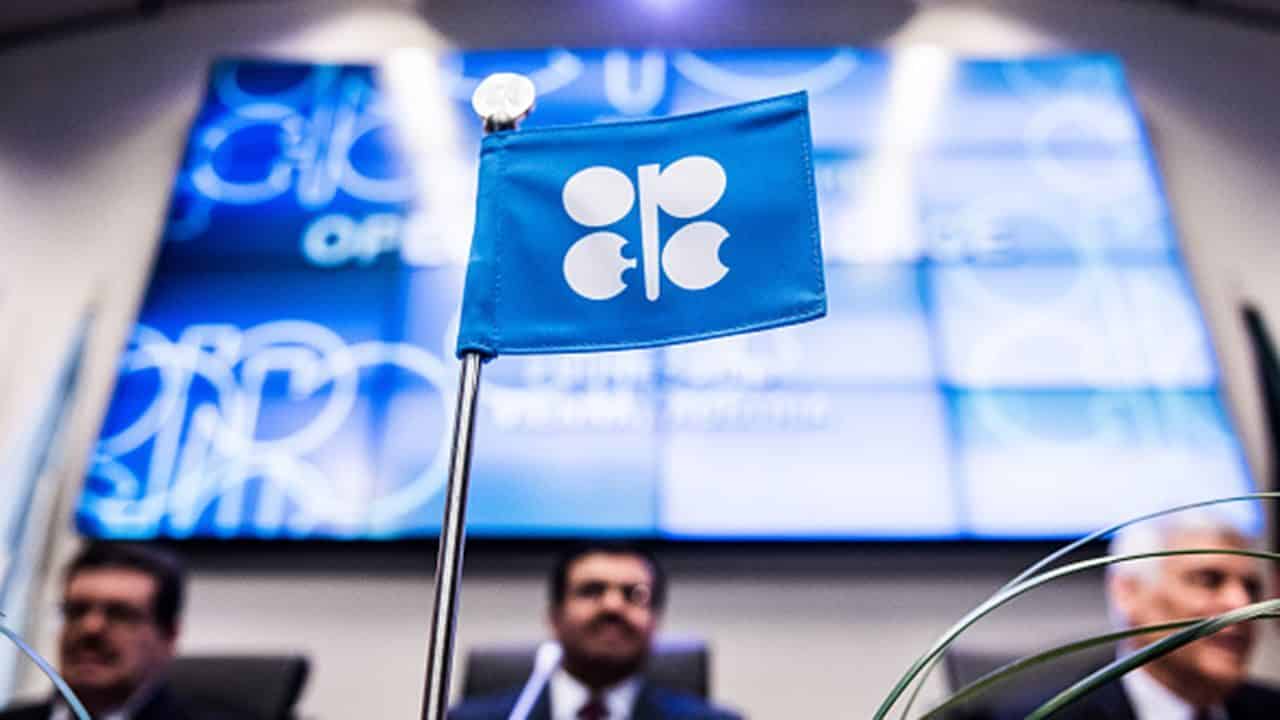2908
0
Controlling The Price Of Oil With Production Quantities
In the 60 years since it was founded, OPEC has often let the world feel its market power. The cartel of important oil-producing countries repeatedly argues over the question: produce more or less?

Yazar: Tom Roberts
Yayınlanma: 15 Eylül 2020 00:58
Güncellenme: 3 Mart 2026 00:18
Controlling The Price Of Oil With Production Quantities
Twice a year they meet at the Vienna headquarters of OPEC to discuss their price policy: the oil ministers of currently 13 countries that produce and export oil. When OPEC was founded 60 years ago, Iran, Iraq, Saudi Arabia, Kuwait and Venezuela wanted to counter the power of western oil companies. The Nigerian Mohammed Barkindo is Secretary General of OPEC and put it in an anniversary message like this: “This courageous and groundbreaking step represents many things. First and foremost, the legitimate right of peoples and nations to dispose of their natural resources to master many challenges in our industry. "In 1973 OPEC countries shocked the world
In 1973, OPEC showed what clout it can develop: Oil was used as a political weapon. At that time, Arab oil states cut production and imposed an embargo. They accused the western industrialized nations of unilaterally partaking in favor of Israel in a military conflict with Egypt and Syria known as the Yom Kippur War. The consequences of the so-called oil crisis were dramatic. Driving bans have been imposed across Europe to save oil. "In all European capitals, people have been remembering their walking tools since the Arabs used their oil as an economic weapon," the newsreel said at the time.Raid on OPEC headquarters in 1975
But such a clout is rather the exception. The OPEC states were often divided - especially over the question: throttle or sell more oil? The dispute even culminated in a bloody attack on the OPEC headquarters in Vienna in 1975: "How did you experience the attack?", The ORF asked a witness at the time. He replied: "I'm sitting here at the reception desk at OPEC and I saw them all come in and they yelled 'Where is the conference room?' and shot. " The alleged client at the time was Libyan head of state Muammar al-Gaddafi - because he was dissatisfied with OPEC's pricing policy. The Iran-Iraq war between two OPEC members also caused oil prices to explode and some at the gas pump to give up. "1.18 marks per liter of super? I have to put up with it, I have no choice," said a driver in a street survey in 1990.Special-purpose alliance OPEC + since 2016
Since 2016, OPEC has joined forces with ten other oil-producing countries, including Russia, to form the OPEC + alliance. Together with its new partners, OPEC now controls more than 40 percent of global oil production. The most important instrument of the cartel is and remains the regulation of the global oil supply - with the aim of controlling oil prices in this way. The economic crisis as a result of the Covid-19 pandemic overshadows the anniversary year of OPEC. OPEC was able to cushion the unexpectedly massive drop in the price of oil with massive production cuts. But experts warn: In the long run, the oil price is too low. Saudi Arabia alone says it has 32.5 billion from April to June. Dollars less earned from oil exports than in the same period in 2019. Nonetheless, Secretary General Barkindo is optimistic about the future. "The Covid 19 pandemic is creating gloomy conditions," he says. "But I cannot think of a better tribute we could pay to our founding members than to continue our important work with dedication."İLGİLİ HABERLER





European stocks soared and focus shifted to German retail sales after Powell's speech!

Forex Signal For TRY/USD: Inflation Slowdown in November.

Forex Signal For GBP/USD: Bullish Trend Still Not Breaking While Recovery Continues.

Forex Signal For EUR/USD: Starry US Data Points to Higher Fed Increases.

Forex Signal For BTC/USD: Downside Continues as Bitcoin Recovery Moves Less.
En Popüler Haberler
Yorum Yap
Yorumlar
Henüz yorum yapan yok! İlk yorumu siz yapın...